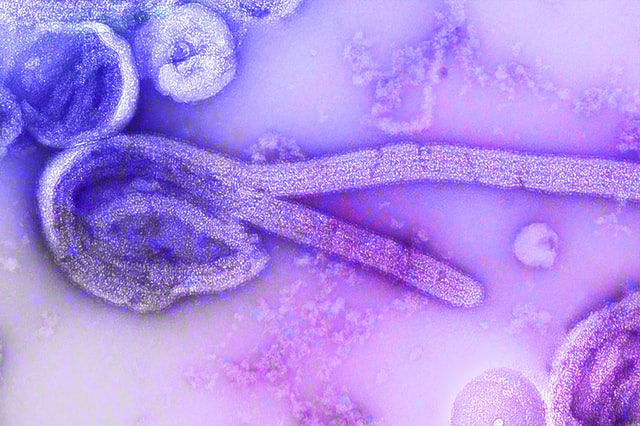Kampala – World Health Organization chief Tedros Adhanom Ghebreyesus said on Wednesday that clinical trials could start within weeks on vaccines to combat the strain of Ebola behind a deadly outbreak in Uganda.
Kampala last month announced Uganda’s first fatality from the highly contagious disease since 2019, with a statement issued by the WHO saying there were 54 confirmed cases and 19 deaths.
Ugandan Health Minister Jane Ruth Aceng told AFP that one fatal case had been recorded in Kampala after the victim fled the central district of Mubende where the outbreak was first reported, and later died in a capital hospital.
There is currently no vaccine for the Sudan ebola virus circulating in the East African country.
UPDATE: World Health Organization says clinical trials soon for Ebola virus in Uganda…………………………For more ????https://t.co/YF9NNV8XKY#RiteTVNewsUpdates#RiteTV pic.twitter.com/vnFahQmhQM
— ritetvug (@ritetvug) October 13, 2022
“Unfortunately, the Ebola vaccines that have been so effective in controlling recent outbreaks in DRC (Democratic Republic of Congo) are not effective against the type of ebola virus which is responsible for the current outbreak in Uganda,” Tedros told a regional ministerial meeting to discuss the emergency response to the crisis.
“Several vaccines are in various stages of development against this virus, two of which could begin clinical trials in Uganda in the coming weeks, pending regulatory and ethics approvals from the Ugandan government.”
The initial outbreak, which was first reported on September 20, and infections have been found in five areas including Mubende, according to WHO.
“Our primary focus now is to support the government of Uganda to rapidly control and contain this outbreak, to stop it spreading to neighbouring districts, and neighbouring countries,” Tedros told reporters.
A WHO assessment has found the risk of the Sudan ebola virus spreading to neighbouring countries was “high due to cross border movements between Uganda and other countries”.
Ebola is an often-fatal viral haemorrhagic fever named after a river in DR Congo where it was discovered in 1976.
Human transmission is through bodily fluids, with common symptoms fever, vomiting, bleeding and diarrhoea. Outbreaks are difficult to contain, especially in urban environments.
ALSO READ Uganda’s fuel smugglers: are the Opec Boys (anti-)heroes of the marginalised?
People who are infected do not become contagious until symptoms appear, which is after an incubation period of between two and 21 days.
The worst epidemic in West Africa between 2013 and 2016 killed more than 11 300 people.
Uganda has experienced several Ebola outbreaks, most recently in 2019 when at least five people died.
The neighbouring DRC has had more than a dozen epidemics, the deadliest killing 2 280 people in 2020. Late last month it declared an end to an Ebola outbreak that had emerged in the eastern province of North Kivu six weeks previously.
Last week the United States announced tighter screening for people who had travelled to Uganda.
Follow African Insider on Facebook, Twitter and Instagram
Source: AFP
Picture: Unsplash
For more African news, visit Africaninsider.com


